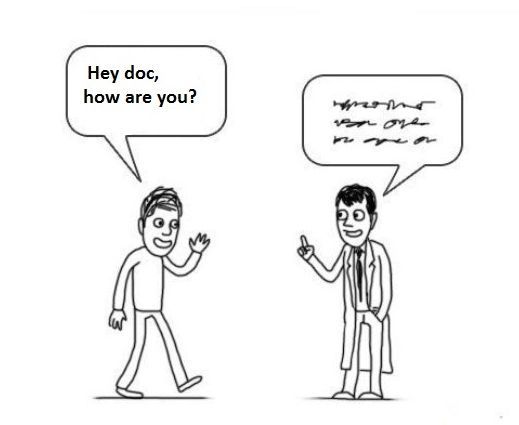 This week, James E. Craigie, MD, of The Center for Natural Breast Reconstruction answers your question.
This week, James E. Craigie, MD, of The Center for Natural Breast Reconstruction answers your question.
Question: I have had three surgeries already. 2 to remove cancer and 1 reconstruction. I can’t have the last one because of infection in left breast where the cancer was—plus I keep getting sick because my immune system is low. Is this common if I just had radiation in the infected area?
Answer: I’m sorry you are having problems. If you are having an infection after radiation, it would definitely be best to hold off on your reconstruction until your immune system has recovered and the infection is gone. Radiation treatments definitely increase the chance of getting an infection. If you have an implant in place already, it may need to be removed to resolve any infection. Once that has occurred you can still proceed with breast reconstruction at a later time when you have recovered.
Have a question about breast reconstruction or post-surgical you’d like answered from our surgical team? Just ask!
 This week, James E. Craigie, MD, of The Center for Natural Breast Reconstruction answers your question.
This week, James E. Craigie, MD, of The Center for Natural Breast Reconstruction answers your question. This week, James E. Craigie, MD, of The Center for Natural Breast Reconstruction answers your question.
This week, James E. Craigie, MD, of The Center for Natural Breast Reconstruction answers your question. This week, James E. Craigie, MD, of The Center for Natural Breast Reconstruction answers your question.
This week, James E. Craigie, MD, of The Center for Natural Breast Reconstruction answers your question. This week, James E. Craigie, MD, of The Center for Natural Breast Reconstruction answers your question.
This week, James E. Craigie, MD, of The Center for Natural Breast Reconstruction answers your question.

 This week, Gail Lanter, CPC, of The Center for Natural Breast Reconstruction answers your question.
This week, Gail Lanter, CPC, of The Center for Natural Breast Reconstruction answers your question.
 Round up the girls, bring the cheese and wine, and join our doctors, Dr. Kline and Dr. Craigie, on Thursday, April 30, 2015, at 6:30 p.m. Eastern to hear all about
Round up the girls, bring the cheese and wine, and join our doctors, Dr. Kline and Dr. Craigie, on Thursday, April 30, 2015, at 6:30 p.m. Eastern to hear all about  This week, James E. Craigie, MD, of The Center for Natural Breast Reconstruction answers your question.
This week, James E. Craigie, MD, of The Center for Natural Breast Reconstruction answers your question.




